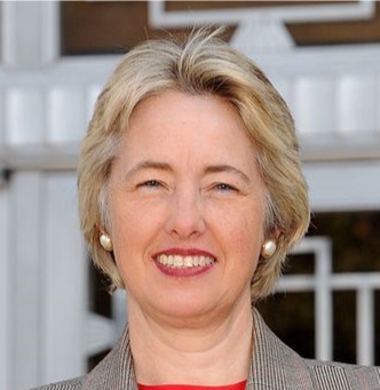Houston council delays vote on equal-rights law

Houston (AP) — Houston leaders on Wednesday delayed a vote on a nondiscrimination measure that has become a flashpoint for protesters as supporters of the law seek to extend protections for gay and transgender people.
The city council was scheduled to vote on the ordinance but ultimately chose to postpone any action until May 28 so that the public can provide more input.
Mayor Annise Parker and other supporters want to ban discrimination based on sex, race, national origin, age, religion, disability and for an array of other categories, even obscure ones such as discrimination based on one's genetic composition. Federal law already bans discriminatory practices in many of the categories.
Violators could be fined up to $5,000.
But the debate has focused largely on provisions regarding rights for gay and transgender citizens.
Opponents of the proposal say it would infringe on their religious liberties to speak out against what they call the gay, lesbian and transgender lifestyle. But Parker, who isgay, and others say the measure would offer protections at the local level against all forms of discrimination.
"Within the next two weeks I think we will come to some conclusion where this city will heal this divisiveness," Councilman Dwight Boykins said.
Although councilors did not vote on the package Wednesday, they did act on various amendments to the ordinance.
For instance, councilors chose to apply the ordinance to private companies with at least 25 workers, rather than the initial 50. After two years companies with at least 15 workers must comply with nondiscrimination provisions.
Officials also took steps to ensure the ordinance does not interfere with senior or veteran discounts, nor with municipal contracts that benefit small businesses owned by minorities.
Religious institutions would be exempt from the law.
Copyright 2014 The Associated Press. All rights reserved. This material may not be published, broadcast, rewritten or redistributed.
The Gayly – May 14, 2014 @ 7:50pm





